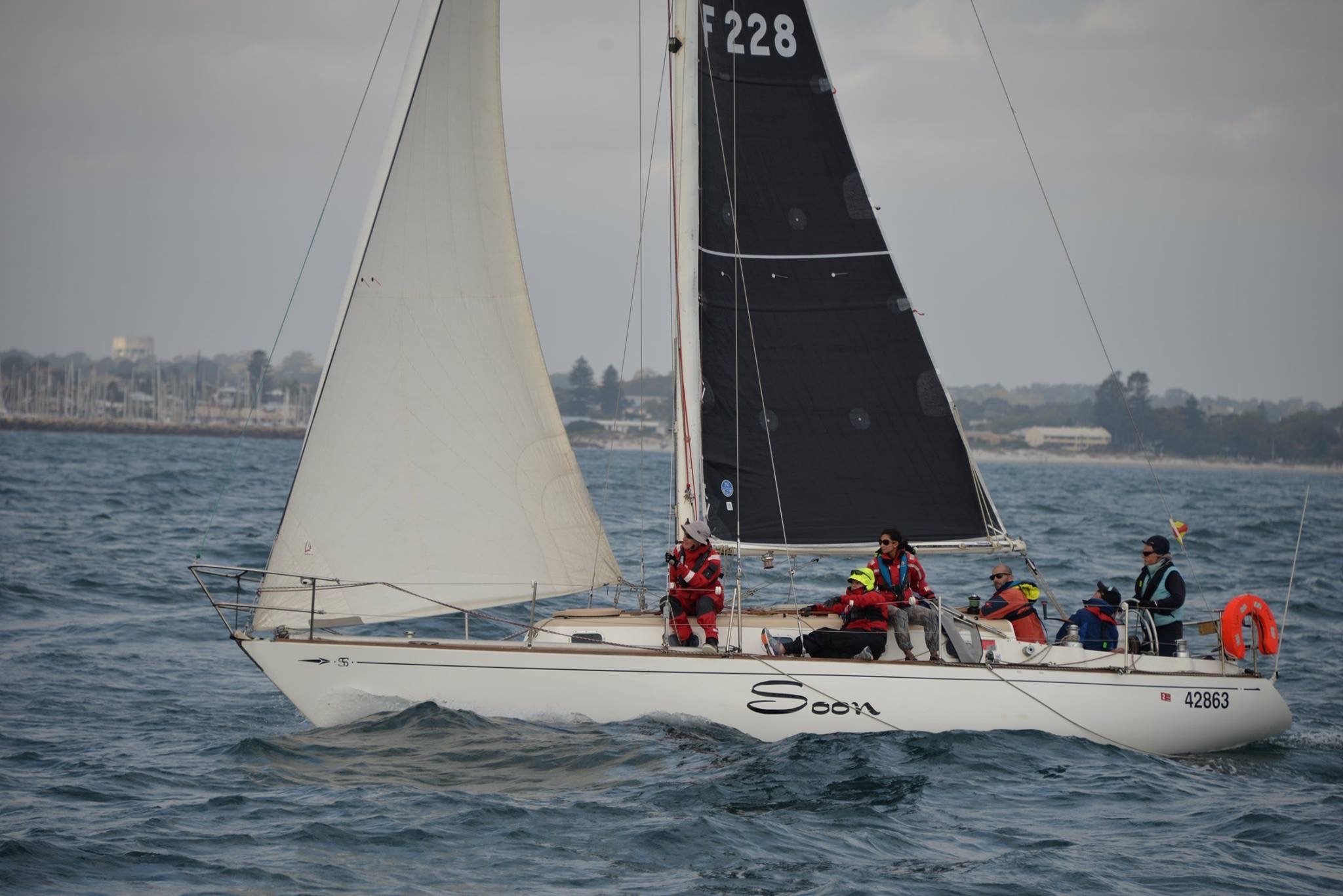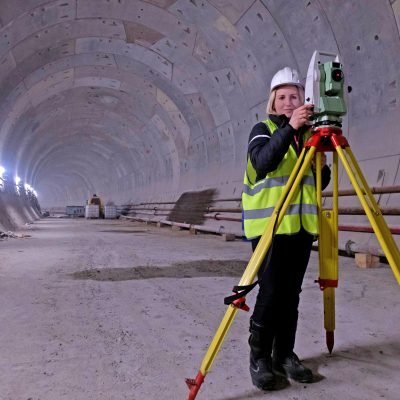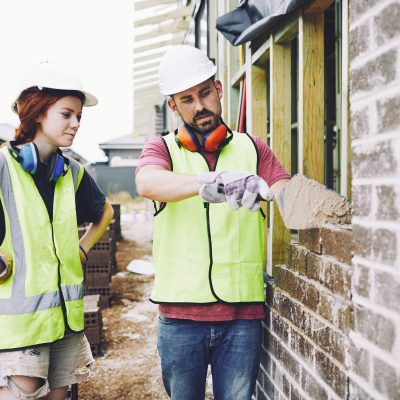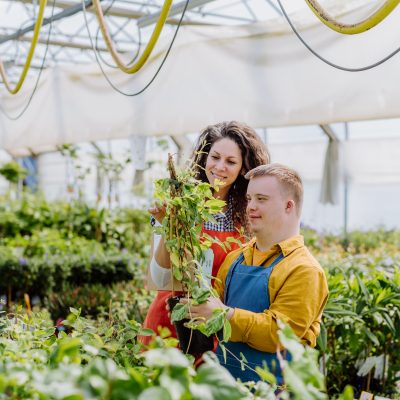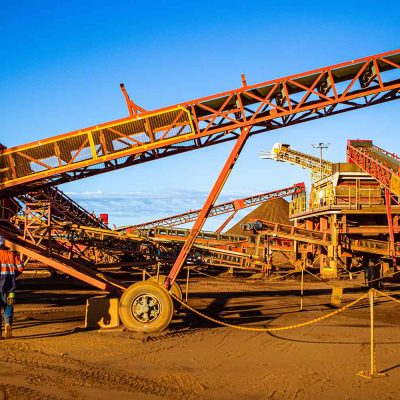Silvia says fierce dedication is key to success

Silvia is a Research Fellow with the Bankwest Curtin Economics Centre. Originally from Colombia, Silvia comes from a family of economists. Silvia laughs when she explains that her mother, father, brother and sister specialise in economics, everyone except the family dog!
What’s it like working at BCEC?
I joined BCEC in 2017. I decided to apply for a role here because the Centre has a large body of work focusing specifically on gender equity, and it fit really well with the subject I wanted to pursue. I am very passionate and interested in studying social issues, particularly gender and ethnic inequalities.
There are many well-respected researchers working at BCEC, so it is a privilege to be among the calibre of staff at the Centre. I have been able to contribute to numerous BCEC reports and externally funded projects related to a diverse range of topics relevant to the WA and Australian economies. I get to see firsthand how research can generate good discussion and contribute towards the momentum for change.
What inspired you to become an economist?
Becoming an economist was inevitable. I come from a family of economists. My mother, father, brother and sister specialise in economics. So that’s basically everyone except the family dog!
My mum worked her whole career at the Treasury in Colombia and so as a kid I was surrounded by mountains of economics books. I remember trying to read one of my mum’s books when I was four years old and asking my parents a lot of questions about economics. I was trying to understand how it shaped the world around us and so coming to love economics was almost a lightbulb moment for me from the beginning.
One of the most rewarding aspects of being an economist is the diversity of challenges I’ve faced. The specific questions within the microeconomics discipline have changed and evolved rapidly over time, which is what I love about research – you are always learning something new every day. It is intellectually very stimulating. For me, economics drives so many issues around the world, and once you understand the issues you understand economics and vice-versa.
Your research is centrally concerned with time use economics and gender, and Indigenous discrimination in the labour market. Tell us more about this?
I must admit all my life I have been obsessed with time. Every single task I do I think about how many hours it will take me, how many minutes of my day would be eaten if I do this instead of that. I think our life is governed by time as this is the only asset we can’t really increase in our lifetime – you can always make more money but you can’t really make more time. I have always wondered if time is such an important resource, why is there so little economic research about it. It should be in every model, in every decision making process, it should be everywhere in economics and it is not. So this is the task I have given myself: include time everywhere in economics.
For now, I look at domestic tasks and unpaid work in the household, I focus on who does what and why. Why time is divided differently between men and women, why time is consumed differently, why some people prefer to stay long hours at work and make more money and why others prefer longer hours focusing on leisure. I try to look at all this and put it down into equations so we can test different hypotheses.
Consequently, a lot of interesting research questions arise. Are money and time equally substitutable? Does inequality in income create inequalities in time? Why do women do much more domestic work even when their share of income equals that of men? What are the effects of time in public policy and taxation? These are the questions I try to address in my research.
Tell us about something interesting you are working on.
Together with my co-authors, BCEC Senior Research Fellow Dr Daniel Kiely and BCEC Director Professor Alan Duncan, we develop the very impactful BCEC Quarterly Economic Commentary, a publication produced each quarter providing insight into and analysis of the WA economy. This is a great tool produced by the BCEC as our research findings are shared in a way that is relevant and accessible to policy makers, industry and the broader community.
The most recent edition released in June 2019 examines WA’s economy in light of what had happened in the housing sector in the eastern states and how the slowdown of the real estate market is impacting the WA economy.
Something else I am currently working on is the consequences to people’s time distribution when changes in taxation occur. My co-authors and I created a household model that accounts for the consumption of goods and time (time to eat, time to play with the children, time to take care of yourself) and we simulate what would be the impact of changes in taxation to the household consumption and wellbeing. We found that a 5% tax increase on food would decrease household wellbeing by 2% as most of the increase in the tax would be absorbed by consuming more food at home and householders would therefore would spend more time cooking and less time eating meals outside.
What I really like about the research I conduct at BCEC is that I am passionate about the projects I am working on. I feel I am making a positive difference in the lives of West Australians, and Australians. It is important to me to have strong, meaningful work focusing on people first.
What support have you had to enable success in your career?
I have met many people throughout my life who have shaped my ideas and forged my character. First of all my family, which is where my love for economics comes from. My parents especially gave me confidence and taught me that I can achieve almost anything I set my mind to. They have shaped my values and have given me the confidence to strive throughout my life and career.
My partner has also been one of my greatest supports. He is not an economist, which is quite refreshing. He’s a landscaper by trade and cares deeply about the environment. We both share a love for the environment and think it’s important future generations are able to enjoy our world.
He is incredibly supportive and compassionate. Having the support of someone who just gets you is truly a blessing I can count each and every day. I think it’s important to have a strong partnership, to work together and support each other, remove barriers and develop an environment where we both can succeed. I don’t think I would have survived my PhD studies without him, and he has taught me to humbly accept help.
My mentors and colleagues have also been a great help in my short career. My PhD supervisor would always be willing to support me, each time we met he would ask, “what can I help you with?” As a researcher, more often than not you don’t know the answers to your questions and that is why researchers collaborate, because multiple brains are better at finding solutions and people can help each other more easily. When asking for help, I’ve found it useful to be specific about your problem. Then the people who help you can be solution-oriented. Asking others for help, and being willing to be involved and help out others, is the way in which opportunities find you.
What key skills do you need to do your job?
Fierce dedication and being committed to my purpose. Research requires many sacrifices, and you need to be very motivated to overcome all the difficulties. When we face a challenge, we often have to dig deep within to find the personal power we need to rise up. Motivation gives you that.
The other skill would have to be curiosity and a strong desire for information. Curiosity, the desire to understand, is key for a number of things. This includes coming up with new ideas, concepts, solutions to problems big and small, and this all starts with someone getting curious about what else could be true, what could we do differently, what could be a solution. Curiosity also enables conflict resolution. When you truly seek to understand another point of view, you can effectively agree to disagree but with more understanding and compassion.
If you weren’t an economist, what profession would you like to go into?
I’m in love with the water and the views while on the ocean are unique. That is why I’m a keen surfer and sailor, but unfortunately I’m really bad at both. So even if I enjoy sailing and surfing as a hobby, there is no way I could ever make a living out of it.
I guess as many physicists know, time and space are connected and in my case that is also true. I’m quite passionate about the universe and if I wasn’t an economist, I would probably like to be an astrophysicist. I have always been curious about the universe and all the different forces around it, the elements driving creation and destruction. The beginning of life as we know it.
